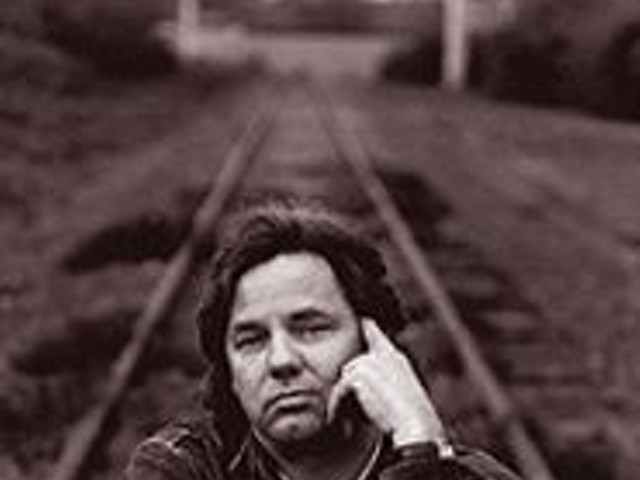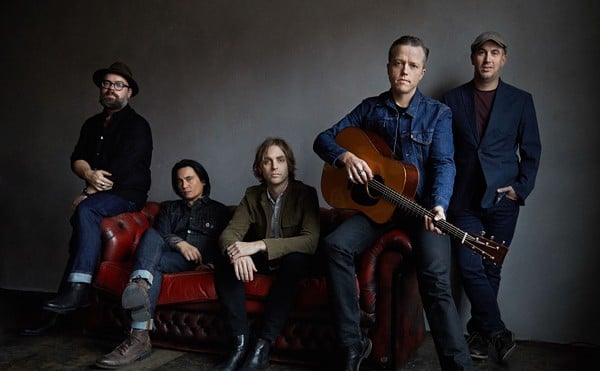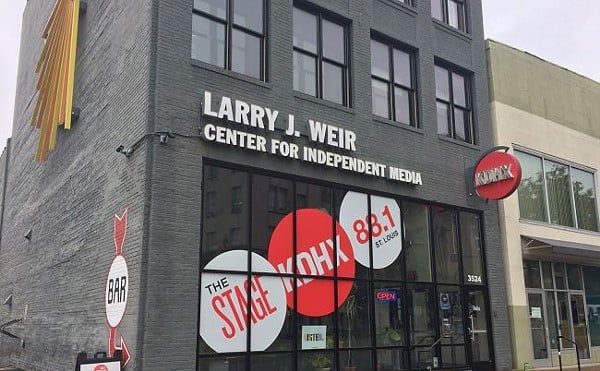Campbell grew up in Sledge, Miss., at the height of the busing conflict. Her song "Bus 109" tells that story straight and without sanctimony, just as her songs "Moonpie Dreams," "Lanterns on the Levee" and "See Rock City," investigate and question Southern myths. On her best album, 1999's Rosaryville (Compass), Campbell transcends local color and miniaturism. Even the clichéd images of mansions and kudzu find spiritual life. But like Rosa's dedication to her island, Campbell's Southern pride is not without problems. On "Look Away," she recalls the burning of an antebellum mansion and praises the dignity of Southern history. The South's surrender is long and slow, Campbell explains, but one can't help but think how that's easy for her to say -- her bloodline never crossed the Middle Passage or stood on the auction block -- just as it's too easy for a Yankee music critic to doubt whether that mansion could have stood for more than hate. The hatred of slavery built it, after all.
But we digress: You should see and hear Campbell this Thursday, not because she'll reveal some deep Southern truth to you (she might) and not because Guy Clark and Emmylou Harris have praised her to the skies. See her because she's a singer of uncommon sweetness; a gifted, risk-taking musician; and an uncompromising, enduring craftswoman.





